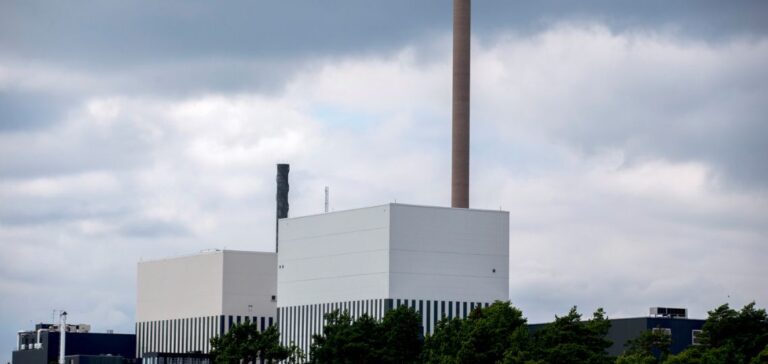The Swedish government announced on Wednesday that it would be removing obstacles to the construction of new nuclear reactors. This decision will be implemented by amending the legislation governing this field. This measure is designed to meet the country’s growing demand for electricity.
The need to increase nuclear power generation in Sweden
Electricity production will have to “double” if the energy transition is to succeed, Environment Minister Romina Pourmokhtari told a press conference, adding that “nuclear power will have to account for a large part of this increase”.
According to right-wing government estimates, Sweden plans to add the equivalent of ten new conventional nuclear reactors by 2045. To achieve this goal, a reform is underway to eliminate the current limit of ten licensed reactors in the country. This reform also aims to remove the obligation to build new reactors on the sites of old ones. This decision reflects the government’s desire to increase nuclear power generation.
Parliamentary review of reform project for new reactors
Parliament will examine the reform project this autumn. Sweden currently has six reactors in operation at three different power plants, commissioned during the 1975-1985 decade. Several other reactors have been shut down since 1999, following a non-binding referendum in 1980 in favor of phasing out nuclear power.
Swedish nuclear energy challenges and international cooperation
But Sweden is struggling to find viable alternative energy sources to replace nuclear power, as renewable energies are not yet able to fully meet its needs. Today, energy from nuclear sources accounts for 30% of the electricity used in the country.
On Wednesday, the government also stressed the importance of international cooperation in “knowledge development” and “more efficient use of resources” in this field. In January, Swedish Prime Minister Ulf Kristersson spoke in Paris of a possible partnership with France to build new nuclear reactors in Sweden. “I’m entirely open to France being one of the countries to ensure that Sweden has more nuclear power,” he said at the time.





















